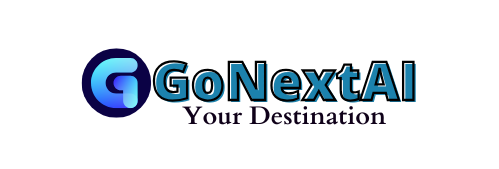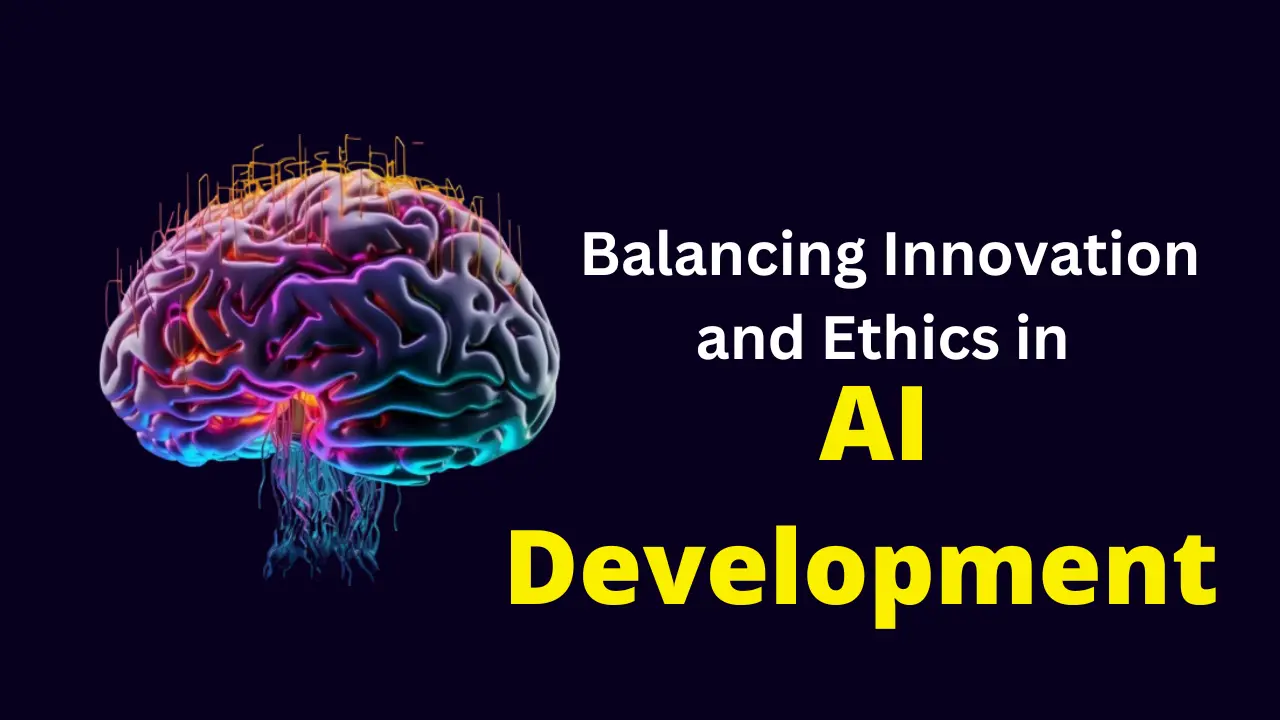Balancing Innovation and Ethics in AI Development
The rapid advancement of artificial intelligence (AI) has significantly transformed industries and daily life, showcasing its immense potential. However, with great power comes great responsibility. As we explore the frontiers of AI, balancing innovation and ethics in AI development becomes a critical aspect that cannot be overlooked. This delicate balance ensures that technological progress benefits humanity while addressing moral, societal, and regulatory concerns.
How to Profit from Green AI Solutions
The Importance of Ethical Considerations in AI
AI technologies have demonstrated their ability to optimize efficiency, enhance decision-making, and automate repetitive tasks. Yet, these advancements also raise questions about privacy, fairness, accountability, and bias. To foster trust and sustainability, ethical considerations must be integrated into the development process from the outset.
Addressing Bias in AI Systems
AI systems often reflect the biases inherent in their training data. This can result in discriminatory outcomes that reinforce existing inequalities. For example, biased facial recognition algorithms have led to wrongful arrests and surveillance issues. To balance innovation and ethics in AI development, developers must actively work to identify and mitigate biases, ensuring fairness and inclusivity.
Safeguarding Privacy
As AI systems increasingly rely on large datasets, concerns about privacy and data security are paramount. The unethical use of personal data for training AI models can undermine trust and lead to significant breaches of privacy. By adopting transparent data collection practices and adhering to privacy laws, organizations can maintain public confidence while driving innovation.
Top AI Niches to Invest in Right Now
The Role of Regulatory Frameworks
Effective regulation is vital for balancing innovation and ethics in AI development. Regulatory frameworks establish clear guidelines for ethical AI use while promoting innovation. They provide a roadmap for developers, ensuring compliance with societal values and legal standards.
Global Standards and Collaboration
AI development is a global endeavor, making international collaboration essential. Countries and organizations must work together to establish universal standards for AI ethics. Initiatives like the European Union’s AI Act aim to create harmonized rules for ethical AI use while fostering innovation.
Encouraging Transparency
Transparency is a cornerstone of ethical AI development. Open communication about how AI systems work and the data they use builds trust among stakeholders. Developers should embrace explainable AI (XAI) techniques that make algorithms and decisions comprehensible to non-experts.
Future of AI and How to Build a Career Around It
Innovating Responsibly
Innovation and ethics are not mutually exclusive. In fact, ethical considerations can drive creativity and lead to more sustainable solutions. Companies that prioritize responsible innovation often find greater acceptance and success in the market.
The Rise of Ethical AI Startups
Startups focused on ethical AI development are gaining traction, showcasing the feasibility of aligning innovation with ethical principles. These companies develop AI solutions that prioritize fairness, transparency, and user privacy, setting an example for larger organizations.
Ethical AI in Healthcare
The healthcare industry provides an excellent example of balancing innovation and ethics in AI development. AI-powered diagnostic tools must be accurate, unbiased, and explainable to ensure patient safety. By adhering to ethical standards, developers can revolutionize healthcare without compromising patient trust.
Education and Awareness
Promoting ethical AI development requires educating stakeholders about the importance of ethics in AI. Developers, policymakers, and users must understand the potential consequences of unethical AI use.
Build and Sell AI-Powered Apps Without Coding
Training the Next Generation
Educational institutions play a pivotal role in preparing future AI developers. Incorporating ethics into AI curricula ensures that graduates are equipped to handle the complex challenges of ethical AI development.
Public Awareness Campaigns
Raising public awareness about AI ethics fosters informed discussions and helps users make better decisions about AI technologies. Transparent communication about AI capabilities and limitations is essential for building trust.
Challenges in Balancing Innovation and Ethics
Despite the best efforts, achieving a perfect balance is challenging. Rapid technological advancements often outpace regulatory frameworks, leading to ethical dilemmas. Moreover, conflicting interests between profit-driven innovation and ethical responsibility can create tension.
Bridging the Gap Between Developers and Regulators
Developers and regulators must collaborate to address these challenges. Regular dialogue ensures that regulations keep pace with technological advancements without stifling innovation.
Tackling Ethical Grey Areas
Some ethical dilemmas, such as the use of AI in autonomous weapons or surveillance, lack clear solutions. Stakeholders must navigate these grey areas carefully, prioritizing humanity’s collective well-being.
A Vision for the Future
Balancing innovation and ethics in AI development is an ongoing journey that requires commitment, collaboration, and foresight. By prioritizing ethical principles alongside technological advancements, we can harness AI’s potential to create a better future for all.
In conclusion, ethical AI development is not a hindrance but a necessity. It ensures that AI technologies are inclusive, transparent, and beneficial to society. As we continue to push the boundaries of innovation, maintaining this balance will be key to building a sustainable and trustworthy AI ecosystem.
Read More How AI Enhances Modern Software Development Processes


1 Comment